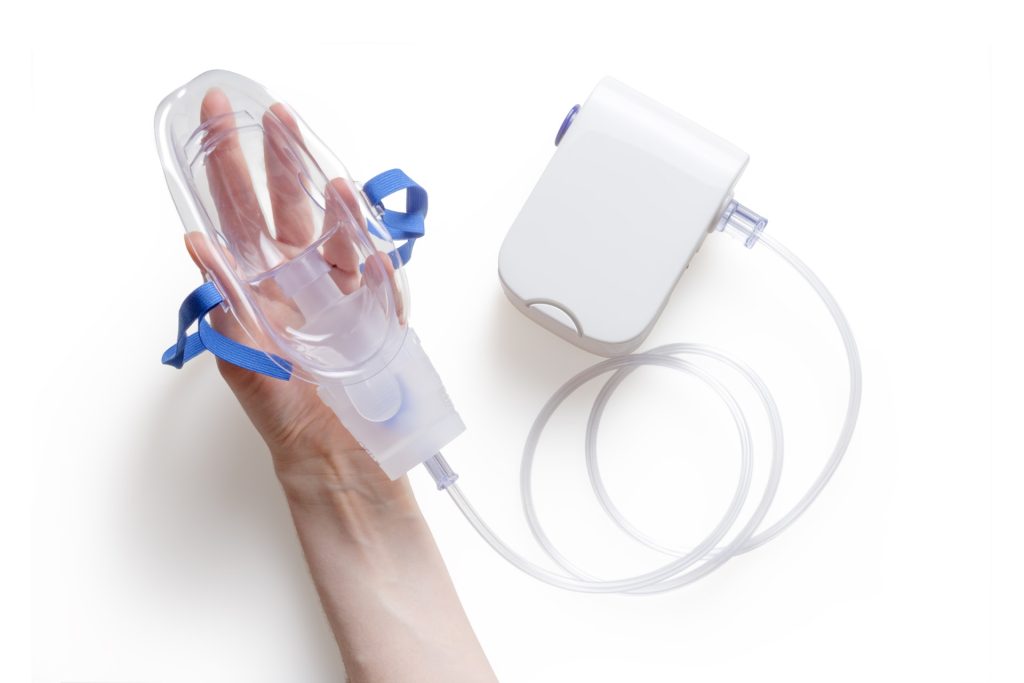
A new study at the University of Chicago Medicine and Washington University found that inhaling low doses of nitrous oxide gas rapidly relieved symptoms of treatment-resistant depression, with few adverse side effects. They found that this was as effective as higher doses of the gas, with fewer unpleasant side effects.
These findings add to the growing body of evidence of non-traditional treatments that may be a viable option for patients with depression that is unresponsive to typical antidepressant medications. It may also be a fast-acting and effective treatment option for patients in crisis.
Often called ‘laughing gas’, nitrous oxide is widely used as an anaesthetic, providing short-term pain relief in dentistry, emergency response and surgery.
A previous study tested a one-hour inhalation session with 50% nitrous oxide gas, which resulted in rapid improvements in depressive symptoms that lasted for at least 24 hours. However, several patients reported negative side effects, including nausea, vomiting and headaches.
“This investigation was motivated by observations from research on ketamine and depression,” said Peter Nagele, MD, Chair of Anesthesia and Critical Care at UChicago Medicine. “Like nitrous oxide, ketamine is an anaesthetic, and there has been promising work using ketamine at a sub-anesthetic dose for treating depression. We wondered if our past concentration of 50% had been too high. Maybe by lowering the dose, we could find the ‘Goldilocks spot’ that would maximize clinical benefit and minimize negative side effects.”
The new study used a similar protocol with 20 patients, this time adding an additional inhalation session with 25% nitrous oxide. They found that the halved-concentration treatment was nearly as effective as 50% nitrous oxide, but there were only one quarter of the negative side effects.
Additionally, researchers tested the patients’ depression scores following treatment over a longer period of up to two weeks compared to 24 hours in the previous protocol. Surprisingly, they found that after only a single administration, some patients had improvements that lasted for the entire follow-up period.
“The reduction in side effects was unexpected and quite drastic, but even more excitingly, the effects after a single administration lasted for a whole two weeks,” said Dr Nagele. “This has never been shown before. It’s a very cool finding.”
These findings point to nitrous oxide being a promising, rapid and effective treatment for those suffering from severe depression which is unresponsive to the usual medication such as SSRIs.
“A significant percentage — we think around 15% — of people who suffer from depression don’t respond to standard antidepressant treatment,” said Charles Conway, MD, Professor of Psychiatry and Director of the Treatment Resistant Depression and Neurostimulation Clinic at Washington University School of Medicine. “These ‘treatment-resistant depression’ patients often suffer for years, even decades, with life-debilitating depression. We don’t really know why standard treatments don’t work for them, though we suspect that they may have different brain network disruptions than non-resistant depressed patients. Identifying novel treatments, such as nitrous oxide, that target alternative pathways is critical to treating these individuals.”
Despite its ‘laughing gas’ name, patients actually fall asleep after such a low dose.
“They’re not getting high or euphoric, they get sedated,” Dr Nagele said.
Non-traditional treatments for depression faces an uphill battle for acceptance in the mainstream, though researchers hope that the findings from this and similar studies will help open physicians’ minds towards these other possible solutions.
“These have just been pilot studies,” said Dr Nagele. “But we need acceptance by the larger medical community for this to become a treatment that’s actually available to patients in the real world. Most psychiatrists are not familiar with nitrous oxide or how to administer it, so we’ll have to show the community how to deliver this treatment safely and effectively. I think there will be a lot of interest in getting this into clinical practice.”
With broader public acceptance, Dr Nagele hopes that these results help those patients who are struggling to find adequate therapies for their depression.
“There is a huge unmet need,” he said. “There are millions of depressed patients who don’t have good treatment options, especially those who are dealing with suicidality. If we develop effective, rapid treatments that can really help someone navigate their suicidal thinking and come out on the other side — that’s a very gratifying line of research.”
Source: University of Chicago Medical Center
Journal information: P. Nagele et al., “A phase 2 trial of inhaled nitrous oxide for treatment-resistant major depression,” Science Translational Medicine (2021).

